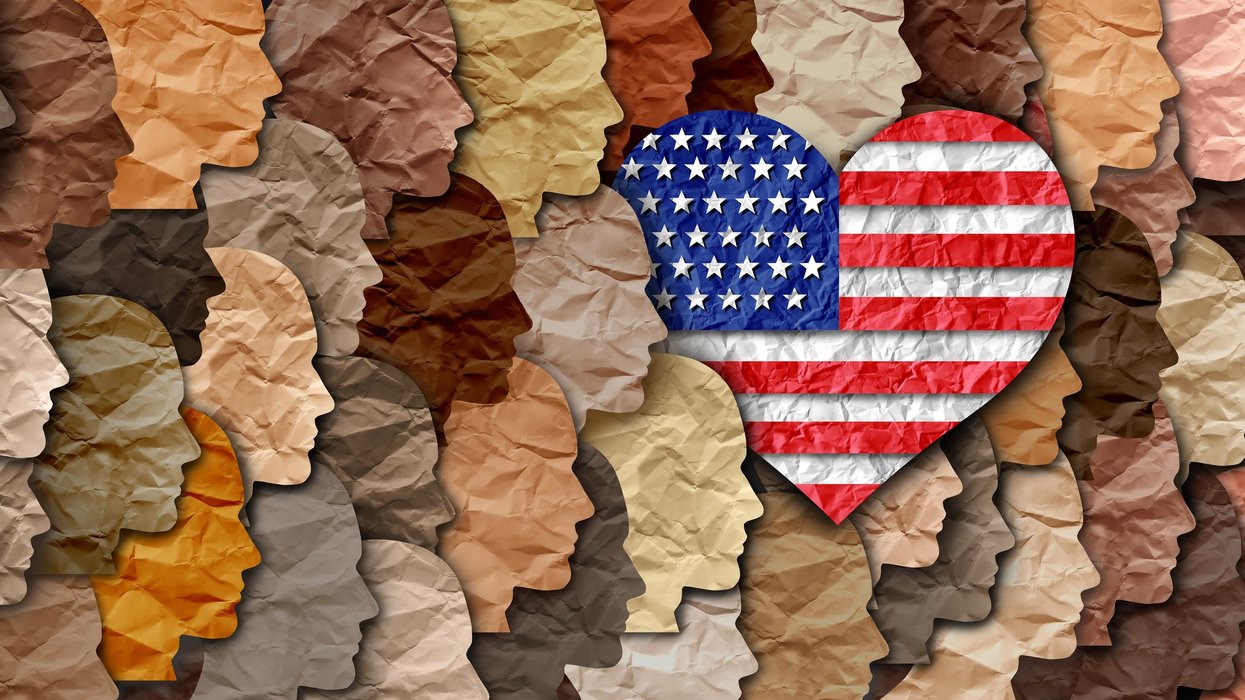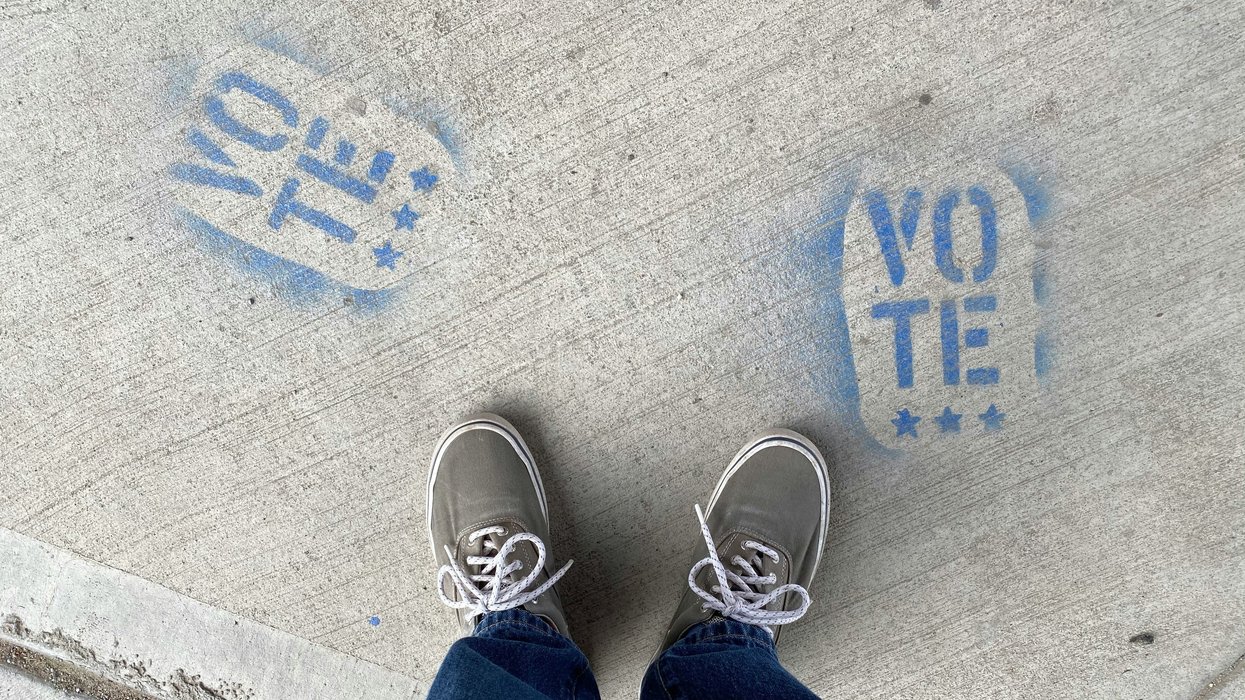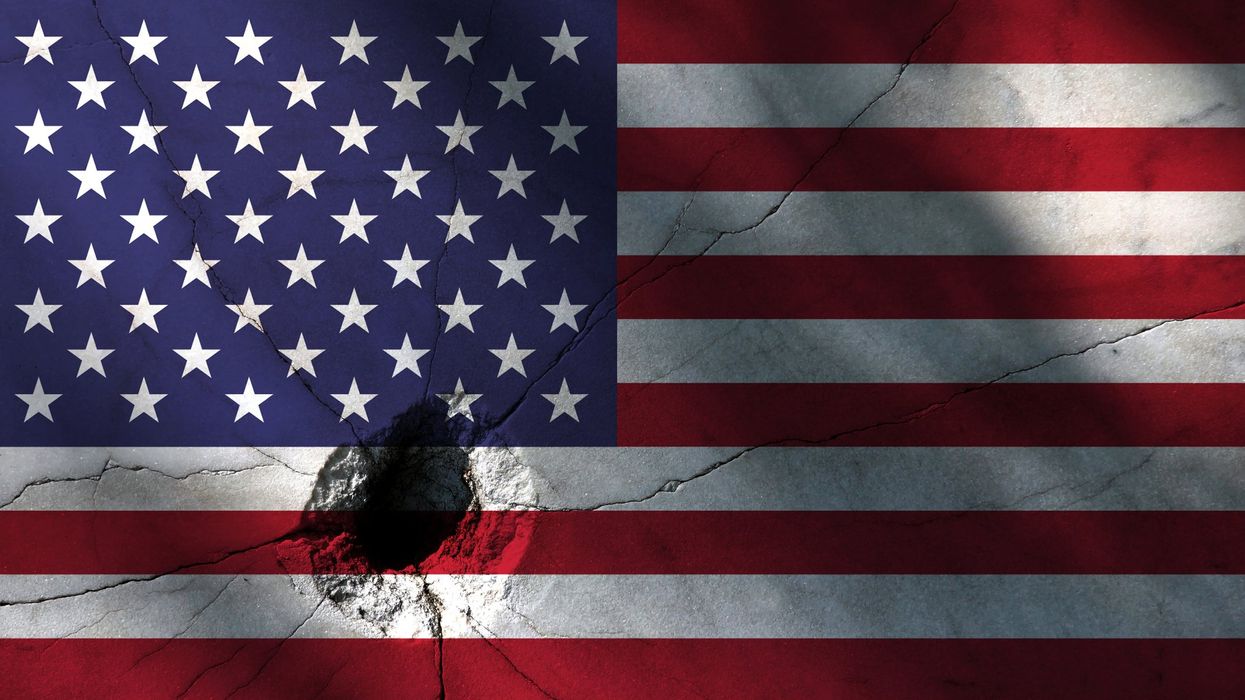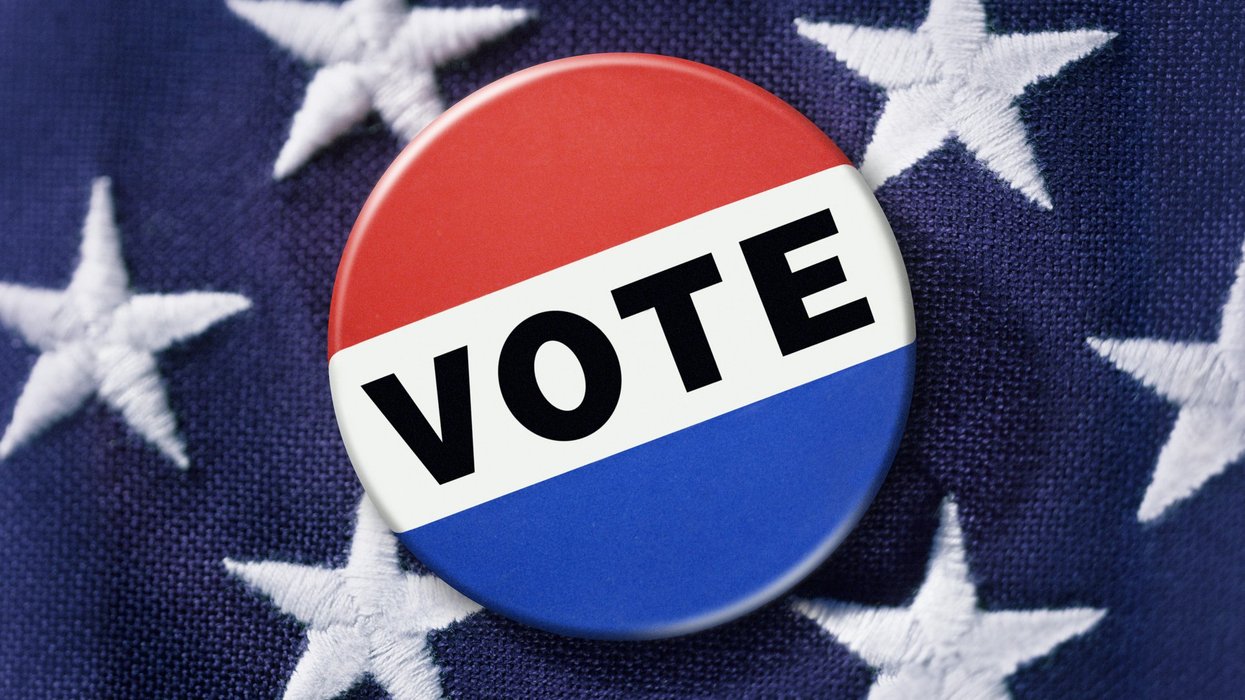Every voter in Tennessee should be permitted to use an absentee ballot during the coronavirus pandemic, a state judge has ruled.
At least during the current public health emergency, Judge Ellen Hobbs Lyle of Nashville decided Thursday, the current limits on voting by mail impose "an unreasonable burden on the fundamental right to vote guaranteed by the Tennessee Constitution."
If the ruling survives an expected appeal, it would be a significant victory for the movement to assure solid turnout in the presidential election despite the Covid-19 outbreak.
Tennessee is one of 16 states that still require an "excuse" in order for people to vote absentee. All but a handful of them have eased those restrictions to encourage more remote voting this year on mail-in voting because of the coronavirus.
Republican Secretary of State Tre Hargett has resisted joining them — saying the available reasons are sufficient and that opening mail voting to all Tenessseans would be impractically expensive to institute in time and would result in ballot fraud. Lyle rejected all those arguments and pointed to the "can-do approach" set by the other states.
Lyle noted that she was not mandating that all 4.1 million registered voters in the state automatically receive an absentee ballot as has been ordered in other states. Voters will still be required to make the request themselves.
Sign up for The Fulcrum newsletter
Tennessee has more than a dozen categories that qualify someone for an absentee ballot, from being sick to being 60 or older. Still, only 2 percent of votes were cast by mail two years ago.
On Aug. 6 the state holds primary elections for congressional and state legislative seats and general elections for county offices.
The court's injunction is indefinite, meaning that it could also be in force for the Nov. 3 general election unless an appeals court intervenes. The state is reliably red, so President Trump can count on its 11 electoral votes. Turnout in the 2016 election was 62 percent, but may be less this year because of a lack of any competitive statewide races.
The judge ordered the state to publish on public websites, and tell county officials, that "voters who do not wish to vote in-person due to the Covid-19 virus situation are eligible to request an absentee ballot by mail."
"It is yet another court decision replacing legislation passed by the people's elected officials with its own judgment, largely ignoring the practicalities of implementing such a decision, and doing so in the midst of a pandemic and budget crisis," GOP Attorney General Herbert Slatery said in a statement promising to appeal.
Backed by GOP Gov. Bill Lee, the Republican-led General Assembly has blocked several measures from Democrats that would offer absentee ballots to all voters, including one just this week.





















